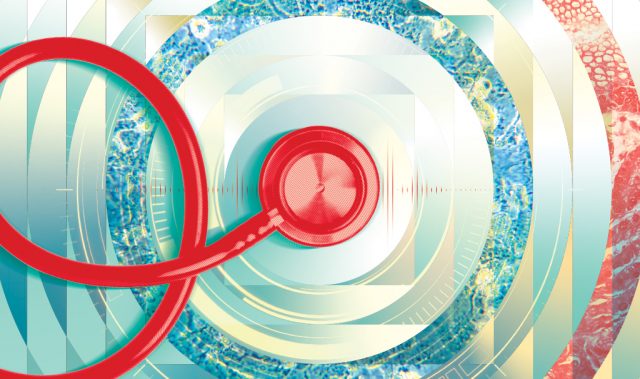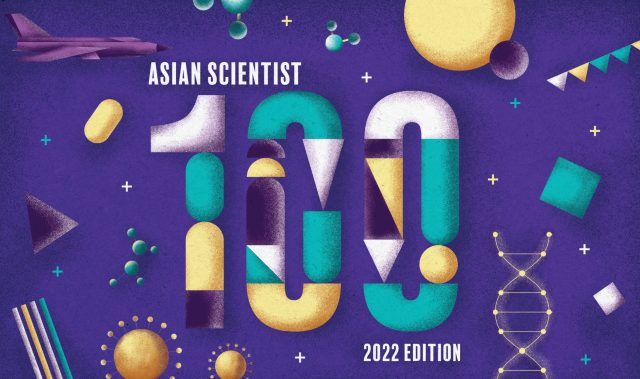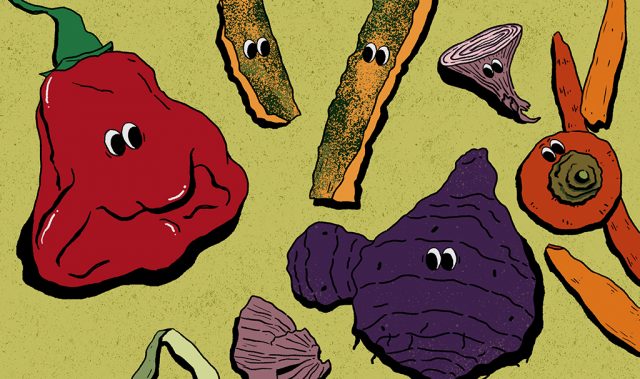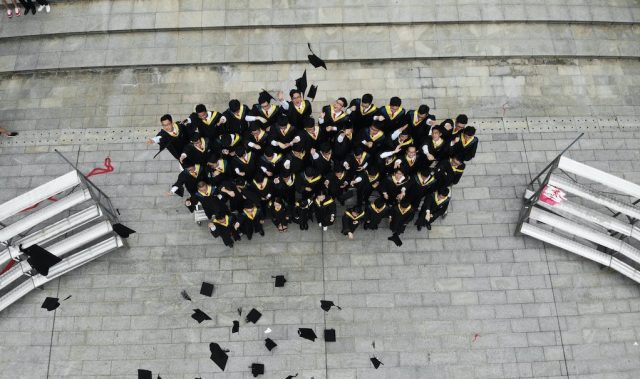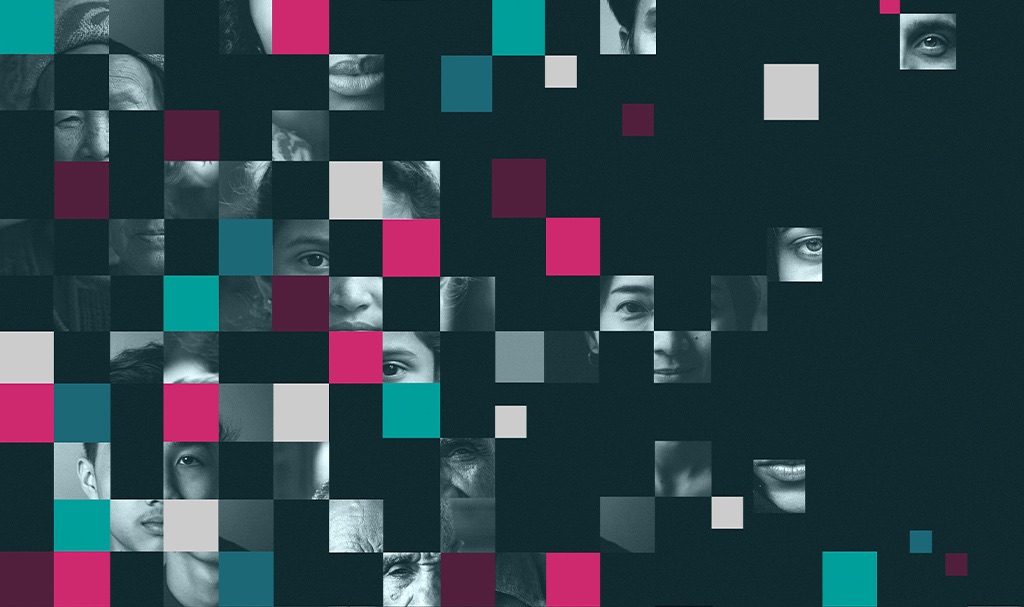
Tracking without invading
Beyond FL, other technology-driven interventions against COVID-19 have similarly required loads of data to maximize their benefits, including potentially sensitive information like one’s whereabouts and day-to-day activities. At the same time, the pandemic also brought out concerns over how blocking data sharing could curtail these technologies’ effectiveness.
With these conflicting issues in mind, researchers and governments in Asia sought to find a middle ground that upheld both values of efficiency and security.
In Taiwan, the government partnered with telecommunications companies to implement a quarantine monitoring program called the electronic fence system, which is less invasive than global positioning system (GPS) technology. To determine an individual’s location, this system detects mobile phone signals and maps them to nearby cell sites.
While the system is less accurate than GPS in tracking exact movements, it provides enough information to recognize anyone who has left their home or designated quarantine area. Automated text messages are sent to remind violators about following quarantine protocols, while alerting relevant authorities as well.
To further protect users’ privacy, only the government’s Central Epidemic Command Center has access to detailed data, whereas frontline units like security personnel are only able to see the individuals’ city or county information.
Similarly foregoing the need for GPS tracking, Japan’s contact tracing app exchanges Bluetooth signals when users come into contact with one another.
Rather than centralizing data collection, information is securely stored on each mobile device as randomly-generated codes, and no other personal information like phone numbers or names can be extracted. If any of these contacts test positive for the virus, exposure notifications are sent to help users better protect themselves and others around them.
Besides offering anonymity, the app is noncompulsory and requires explicit approval not only upon installation, but also when logging sensitive data like infection status.
By putting the focus on consent, it allows people to retain control over how their data is used. Certainly, the app is a step in the right direction for resolving ethical issues over data security—and could help encourage more people to participate in such programs to limit the spread of COVID-19.

From privacy to participation
Aside from their computational efficiency, the evolution of privacy-preserving technology could pave the way for increased adoption of big data healthcare applications. By ensuring the responsible use of data and the security of sensitive information, such innovations can quell fears over shifting to a highly digitized healthcare landscape.
“AI that protects patient privacy and achieves reliable generalizability in practice has enormous potential to revolutionize smart hospitals and healthcare systems worldwide,” Dou said.
Rather than leave users in the dark, humans’ relationship with technology would instead have a foundation of trust. As more and more people feel comfortable with adopting new technologies, these healthcare innovations would in turn become highly effective, acquiring more data to optimize their systems and generate better results.
Providing both efficiency and data security will make digital healthcare a reality that more of the community can access, benefit from and ultimately be empowered by.
This article was first published in the July 2021 print version of Asian Scientist Magazine.
Click here to subscribe to Asian Scientist Magazine in print.
———
Copyright: Asian Scientist Magazine. Illustration: Alexandra Valino/Asian Scientist Magazine.
Disclaimer: This article does not necessarily reflect the views of AsianScientist or its staff.




